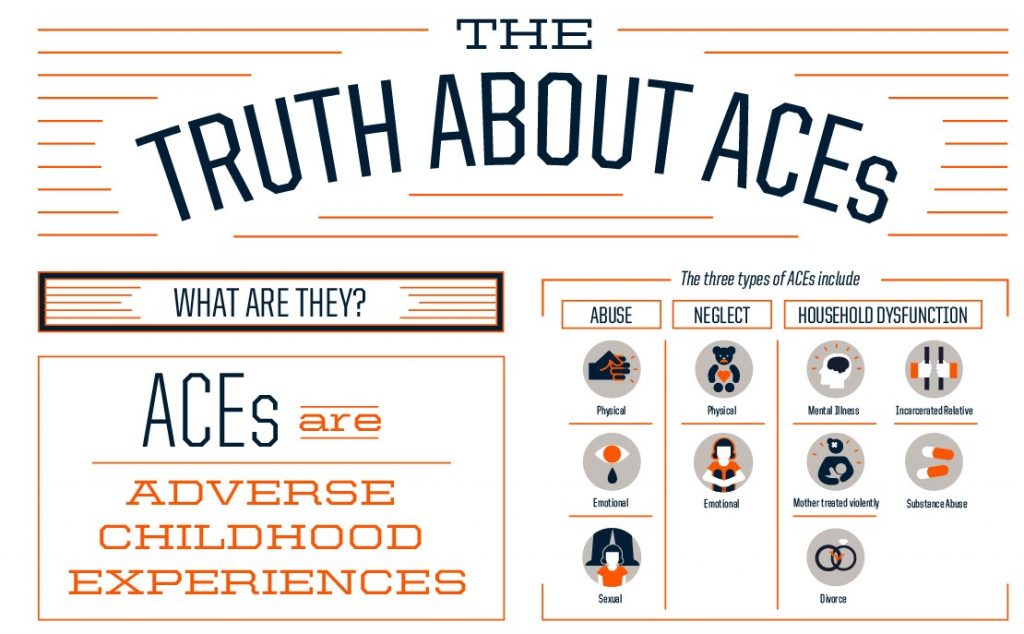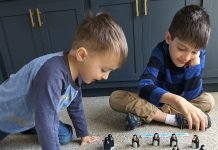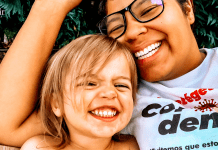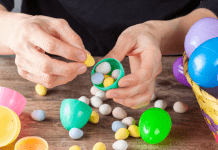As mamas, we’d like to protect our babies from every possible adverse experience. Even though we know this is an impossible task—and if we didn’t know it before this year, we certainly know it now—we still look for ways to keep our little ones insulated from harm.
It turns out that doctors and scientists are confirming what mamas have always known. They are learning more and more about what impact positive and negative childhood experiences have on kids today and throughout their lives.
You may be familiar with the ACE (Adverse Childhood Experiences) Study. This study uncovered a striking connection between childhood trauma and the chronic diseases people develop as adults, like heart disease, lung disease, lung cancer, diabetes and other autoimmune diseases, as well as social and emotional problems like depression, violence, being a victim of violence and suicide.

These adverse effects add up.
“The more types of ACEs a person has, the higher their risk for negative outcomes, which will limit their opportunities their whole life,” notes Dr. Anne Schuchat, principal deputy director of the Centers for Disease Control.
Note: The ACE Study considers only 10 specific traumatic experiences. And many experiences that we know are traumatic like a hurricane or pandemic are not included on the list.
The ACEs Study and the many similar studies that followed confirmed what parents know intuitively. Things that our kids are exposed to can have a long-term impact on health and happiness.
So, while we can try to buffer our kids from adverse experiences, we know that we can’t do this with 100% effectiveness. Sometimes caregivers get sick and people lose jobs and families struggle with financial concerns.
How can we give our kids the best chance to be happy and healthy grown-ups?
Making sure that kids are living in safe places is a great first step. Advocating for and supporting programs that address physical, emotional, and sexual abuse can help keep children safe at home and at school.
Mamas, if you and your children are living in a dangerous home situation, know that there are resources available to help. This list from KU Med Center provides contact information for domestic violence and sexual assault resources across the metro.
Positive childhood experiences and relationships are known to buffer against the stress of trauma and strengthen resilience. The Search Institute has investigated resilience factors for more than 25 years and identified 40 Developmental Assets that help kids survive and thrive. Their research consistently shows that young people of all backgrounds do better in life when they have a strong foundation of these internal and external assets.

Building resilience in kids is a daily commitment.
Dr. Christina Bethell of the Bloomberg School of Public Health at Johns Hopkins believes that every moment and every interaction with a child has the potential to be protective. She describes this as a “through any door way of being.” Bethell notes that “…wherever a child goes — to school, early care, walking around their community, to a doctor — they’re met with warm adults who purposely try to see and respond to them and meet their needs for care and guidance.”
Childhood trauma and the need for social/emotional support has become a popular topic in these unscripted times. Whatever choices your family makes, understanding resilience research can help soften the impact of hard times, scary situations, and adverse experiences.
















